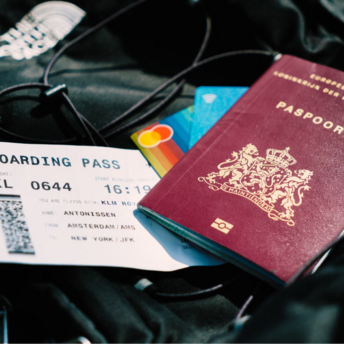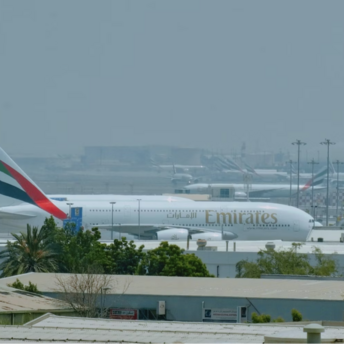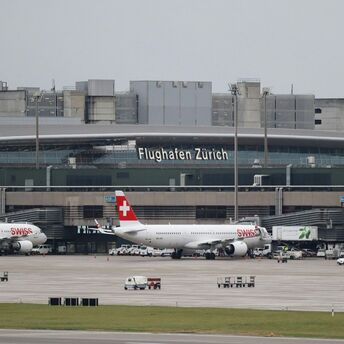France Extends Internal Border Checks Amid Growing Security Concerns and EU Reforms

Starting November 1, France will continue internal border checks with Schengen countries, including Belgium, Spain, Luxembourg, Switzerland, Germany, and Italy, until April 30, 2025. This measure is a response to heightened threats from terrorism and illegal migration, prompting reinforced security at these internal borders. Travelers entering France through these borders should anticipate possible delays, particularly when traveling by land.
France follows other European nations like Germany and Austria, which have also intensified internal border controls to address regional security threats. These temporary checks are part of the EU's broader strategy to manage complex issues of security and migration within the bloc, where free movement is typically prioritized. Such actions underscore a trend toward enhanced border security due to current challenges.
The EU is also preparing to launch the Entry/Exit System (EES), set to go live on November 10, 2024, and applicable to travelers from non-EU countries. This system will automate entry and exit records, aiming to streamline border checks. While EES primarily affects travelers from outside the Schengen Area, those crossing internal borders are still advised to carry valid documents.
France has maintained some level of internal border checks since 2015, progressively expanding these measures to address various security challenges. This latest adjustment by the French Ministry of Interior highlights the need to prevent illegal crossings, especially in northern regions such as Dunkirk and Calais. This approach aims to ensure order and reduce levels of illegal activity at France’s borders.
For travelers, this means planning for potential delays, particularly during peak travel periods. Preparing the necessary documents and checking for any local restrictions in areas with intensified checks can help minimize disruptions. This shift towards stricter internal controls may increasingly impact future travel in the Schengen Zone, as security needs continue to grow.



















